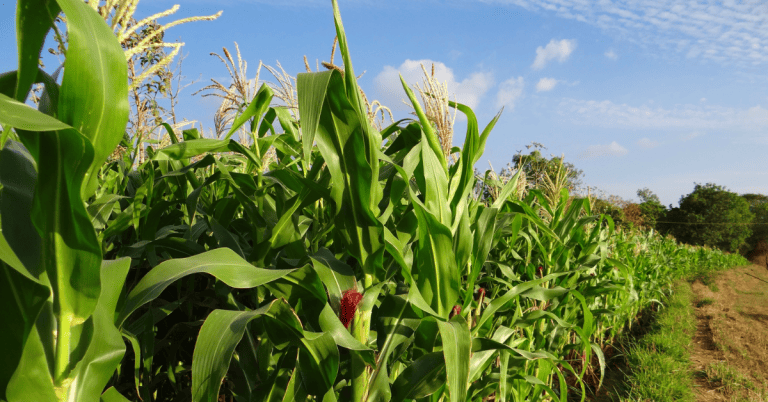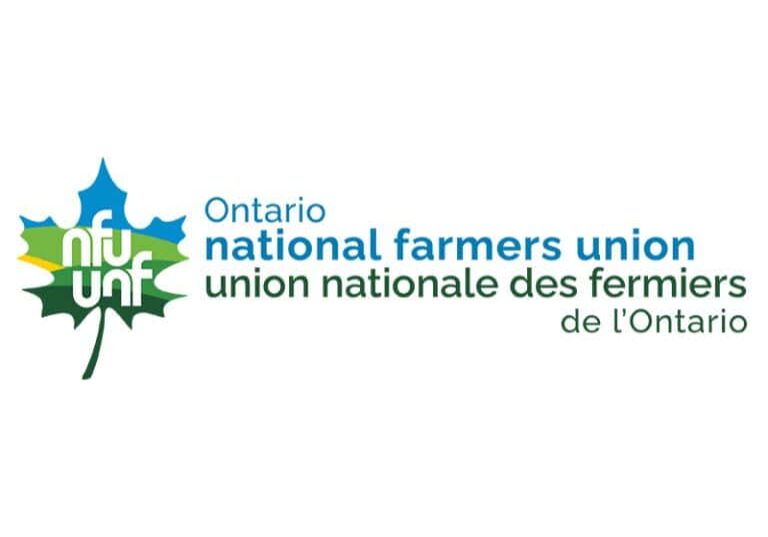Trade injury letter to Minister Hardeman – NFU-O & CFFO

February 21, 2020
Dear Minister Hardeman,
As Ontario farmers prepare their cropping, livestock and business plans for the 2020 farming season, the obvious lessons of weather and disease challenges in 2018 and 2019 are never far from the producer’s consciousness. But the United States Trade Mitigation Program (TMP) has been just as significant. The TMP was the American response to the trade war between China and the U.S. and the tariffs that resulted. Initiated by the U.S. as a result of a sizeable trade deficit with China, Secretary of Agriculture Perdue announced on Sept. 4, 2018 that a Market Facilitation Program (MFP) would be implemented to assist its farmers suffering as a result of unjustified trade retaliation by foreign nations. A definition of justified trade retaliation was not offered in the news release. The USDA authorized up to $12 billion in programs, which they suggested was consistent with World Trade Organization (WTO) obligations. Canadian producers have suffered heavily as collateral damage in this conflict ever since.
Tensions, accusations and rhetoric between the two economic super-powers escalated through 2018 and into 2019. USDA support for American producers affected by Chinese tariffs reached a new high on May 23, 2019 when Secretary Purdue announced an additional $16 billion would be forthcoming. The two payments would be distributed to their producers of commodities, on average, as illustrated:
| 2018 MFP Payment | 2019 MFP Payment | |
| Corn | .01/bu. | .14/bu. |
| Soybeans | 1.65/bu. | 2.05/bu. |
| Wheat | .14/bu. | .41/bu. |
| Hogs | $8.00/head | $11.00/head |
Paradoxically, U.S. producer associations pledged devotion to market discipline while receiving these rich program payments. Meanwhile, Ontario grain/oilseed /livestock producers, whose products are sold within the highly integrated North American marketplace, looked on in awe and disbelief. While Ontario farmers faced market volatility without government support, American producer payments for both rounds totalled $9.58 billion, with soybeans alone receiving $7.26 billion.
While the Canadian government has attempted to buffer the impact of China’s embargo against Canadian canola when China refused to take shipments over concerns of contaminated dockage, this help was limited to an interest-free loan program that may have eased some short term pain, but will result in greater long-term debt and provides an incentive for input suppliers to raise their prices in order to capture some of the value of the support program for themselves.
The impact of trade disruptions, tariffs and other countries’ subsidies is often a reduction of commodity prices. This is challenging for Ontario farmers facing the market as individuals. We are price-takers when selling our commodities. If we don’t have subsidies like what the Americans do, we are less able to accept a very low offer. If we must take the price and it is below our cost of production then we experience hardship. Next year, we may have to switch to a crop that will give us a better return – which still may be below the cost of production. These dynamics reduce farm profits.
The National Farmers Union of Ontario and the Christian Farmers Federation of Ontario are not alone in our concerns about the impact of erratic trade disruptions, protectionist tariffs and the use of price-depressing subsidies by other countries. For example, the Agricultural Producers Association of Saskatchewan suggests the federal government should provide direct support to farmers, using $42.50 per acre for an average provincial soybean producer. Farm journalist John Miner’s, “U.S. Trade Bailout Overpaying Farmers for Damage Done” in Ontario Farmer reported that economists have estimated actual U.S. farmers’ losses from Chinese trade retaliation was $.36/bu. in one study, while another study quoted $1.09/bu., yet their MFP payments were $1.65/bu. in 2018. While it is difficult to pin down the exact cost, clearly the size of U.S. subsidies is not consistent with adherence to WTO rules.
So exactly how should a federal government, responding to the needs of its producers, react to such a blatant and hurtful subsidy given to a direct and neighbouring competitor?
The National Farmers Union of Ontario and the Christian Farmers Federation of Ontario are calling upon the Ontario government to convey these concerns to our federal government and request that they disclose their understanding of the trade-distorting and profitability-impairing effects of the USDA Market Facilitation Program on Ontario grains, oilseeds and livestock farmers and to share with us the strategies being prepared to offset the injuries that farmers have sustained since Sept. 4, 2018.
Yours truly,
Don Ciparis
NFU-O President
Clarence Nywening,
CFFO President








